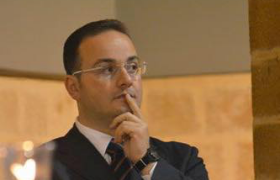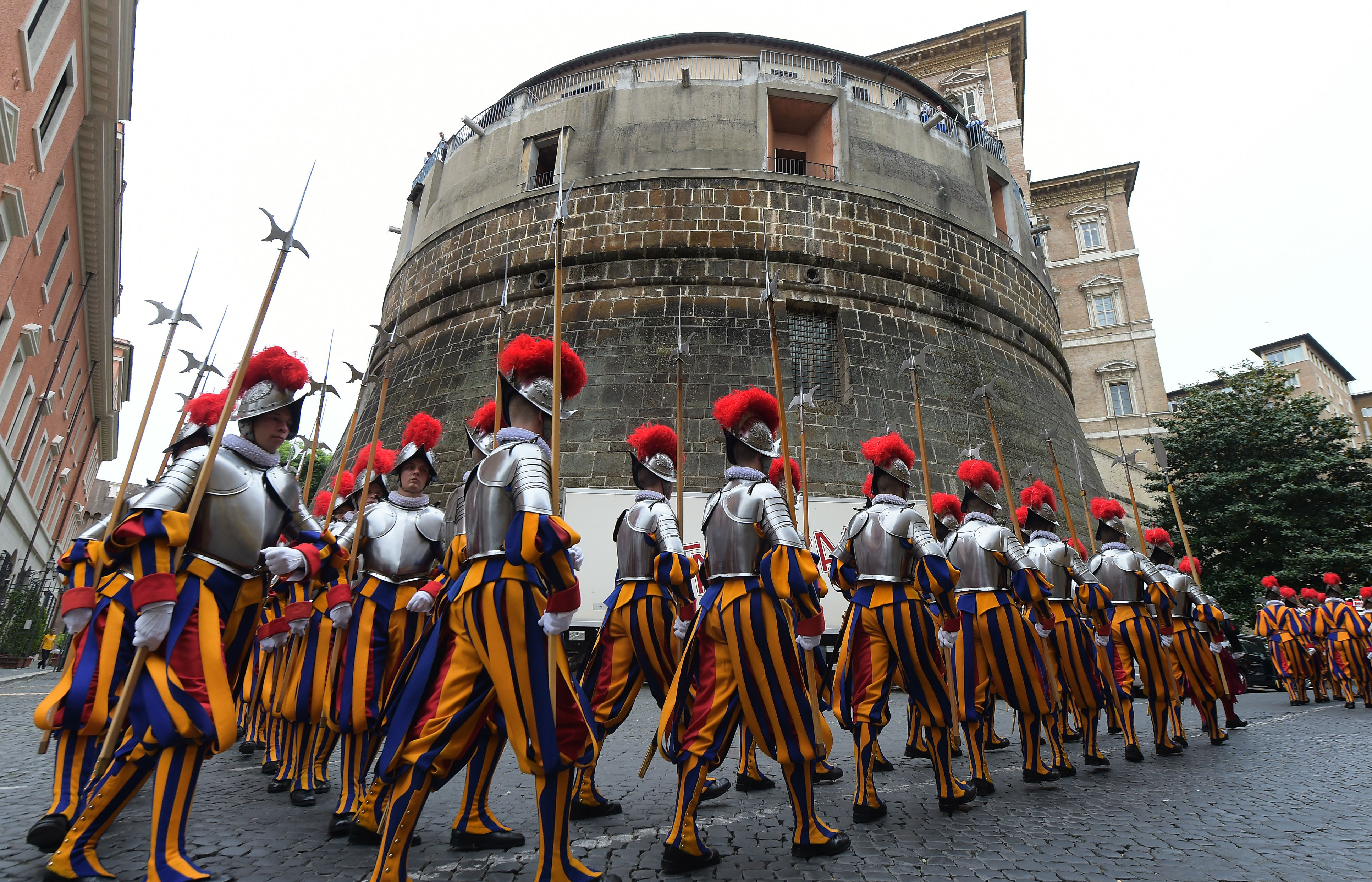The Holy See’s financial watchdog has increased its efforts to clamp down on money laundering inside the Vatican revealing a 30 per cent increase in the number of reports it has sent to the prosecutor's office.
In their 2016 summary released today, the Financial Information Authority reported that the number of suspicious transactions inside the Vatican has more than halved thanks to a tough new system of vigilance that has come into effect in recent years.
Twenty two reports had also been sent to the Office of the Promoter of Justice last year - up from seventeen in 2015 and from zero five years ago. But despite a total of 56 submissions sent through since 2012, earlier this year the Vatican’s Promoter of Justice, Gian Piero Milano, revealed that just two cases have been brought to trial.
“The main potential predicate offences identified are fraud, including serious tax evasion, misappropriation and corruption,” the annual report from the Vatican’s watchdog stated. “The vast majority of potential offences involve conducts taken by foreign citizens in foreign jurisdictions.”
The watchdog was set up in 2010 by Pope Benedict XVI and is aimed at clamping down on suspicious transactions which might involve money laundering or the financing of terrorism taking place at the Institute for the Works of Religion (IOR), better known as the Vatican bank.
Presenting the report today (Tuesday) the information authority’s president, René Brülhart, was asked why no one had been convicted of any crimes.
“It is important to note here, that the system that has been built and established is still relatively young,” he said. But he admitted the question was “a fair and objective observation” and should be directed to the prosecutor's office.
Brülhart added that the “process need to be respected” with regards to prosecutions while the need to collaborate with foreign states in collecting evidence meant things took time.
What was important, he pointed out, was the Vatican “building a functional and sustainable system” of financial oversight seeing the Holy See co-operating internationally in order to clamp down on illicit activities.
And the system is working.
The latest annual report reveals a 60 per cent decrease in the number of “suspicious activity” reports down from 544 in 2015 to 207 in 2016. It meant that a total of €2.1 million were suspended and a further €1.5 million was frozen: in 2015, however, €8.2 million was suspended and another €7 million frozen.
According to Tommaso di Ruzza, the authority’s director, the decrease was due to “enhanced due diligence,” the closing of a number of accounts at the IOR and a “remediation process” involving all customer relationships.
Soon after Pope Francis’ election a large number of IOR bank accounts were closed down while rules were tightened up on who could open one. In the past, the bank had become something of a safe haven to deposit money without it being visible to other state authorities. But the Holy See has now signed agreements with countries across the world to ensure information is shared while explicitly stating what the bank can be used for.
“The limited financial sector established in the Vatican city has a unique feature: providing essential services primarily to support the institutional activity of the Holy See and the Catholic Church in the world.”
Account holders at the IOR are now restricted to Vatican employees (including those who are retired), church institutions, priests and religious and certain diplomats who are accredited to the Holy See.
While the IOR is the most visible economic institution in the Vatican, there is another financial powerhouse, APSA (Administration of the Patrimony of the Apostolic See), which acts as a general accounting office.
Yet APSA is not under the information authority's jurisdiction as it was deemed an “entity that carries out financial activities on a professional basis”.
In November 2015, however, news emerged that Vatican investigators suspected that APSA was being used for possible “money laundering, insider trading and market manipulation” by a Giampietro Nattino, Chairman of Banca Finnat Euroamerica, a family-run private Italian bank. He denies the accusations.
The Pope has sought to reform Vatican finances by ensuring transparency and proper budgeting: he appointed Cardinal George Pell as his financial tsar and the Australian prelate now says there are “no more pools of darkness” when it comes to Holy See money management.
Francis also named Brülhart as president of the information authority making him the first layman to hold the post. The Swiss lawyer previously led Liechtenstein’s financial intelligence authority and has been credited with quietly ensuring the Vatican reaches international standards.
“This has been done together, through great team work, and a great spirit," he stressed today. "We have to serve but it’s not about me.”
PICTURE: Swiss Guards pass the Vatican bank, in the past the bank had become a safe haven to deposit money without it being visible to others. The Holy See has now signed agreements with countries across the world to ensure information is shared while explicitly stating what the bank can be used for.




 Loading ...
Loading ...